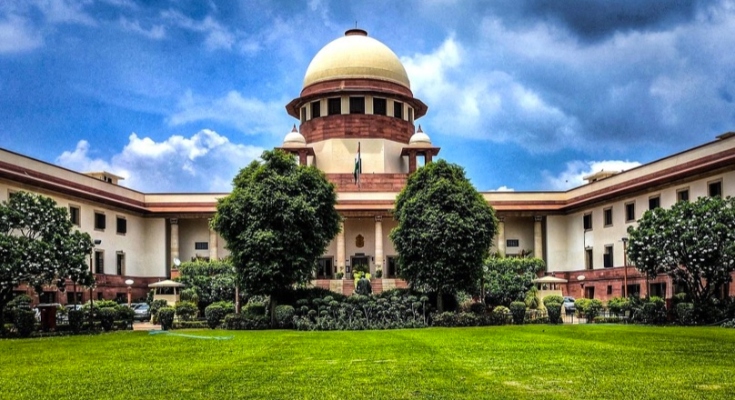
The Supreme Court, on Thursday, asserted that every citizen possesses the fundamental right to criticize governmental decisions, as it dismissed a case against a professor who had expressed dissent regarding the abrogation of Article 370 in his WhatsApp status.
Overturning a Bombay High Court ruling, the apex court nullified the FIR filed against Professor Javed Ahmed Hajam under Section 153A (promotion of communal disharmony) of the Indian Penal Code.
The case arose from Hajam’s WhatsApp messages commenting on the abrogation of Article 370, labeling August 5 as a “Black Day” for Jammu & Kashmir and extending well-wishes to Pakistan on its Independence Day.
The Supreme Court emphasized that citizens have the right to voice their opinions and even extend goodwill to other nations, all protected under Article 19(1)(a) of the Indian Constitution.
Underlining the importance of dissent in a democratic society, the court stressed the need to respect differing viewpoints, which are integral to upholding democratic principles.
The court asserted that lawful dissent must be safeguarded, as it forms a crucial aspect of the right to lead a dignified life guaranteed by Article 21 of the Constitution.
In assessing the legality of Hajam’s actions, the court found that he had not overstepped the boundaries of legitimate dissent, and his expressions did not incite disharmony among religious groups.
Moreover, the court emphasized that goodwill gestures towards other nations, such as Hajam’s well-wishes to Pakistan, do not constitute a breach of peace or communal harmony.
In conclusion, the court urged law enforcement agencies to be mindful of citizens’ rights to free speech and expression, educating them on the democratic values enshrined in the Constitution.
The court deemed the prosecution of Hajam under Section 153-A of the IPC as an abuse of legal process and consequently quashed the FIR against him, upholding the principles of democratic discourse and individual freedoms.




